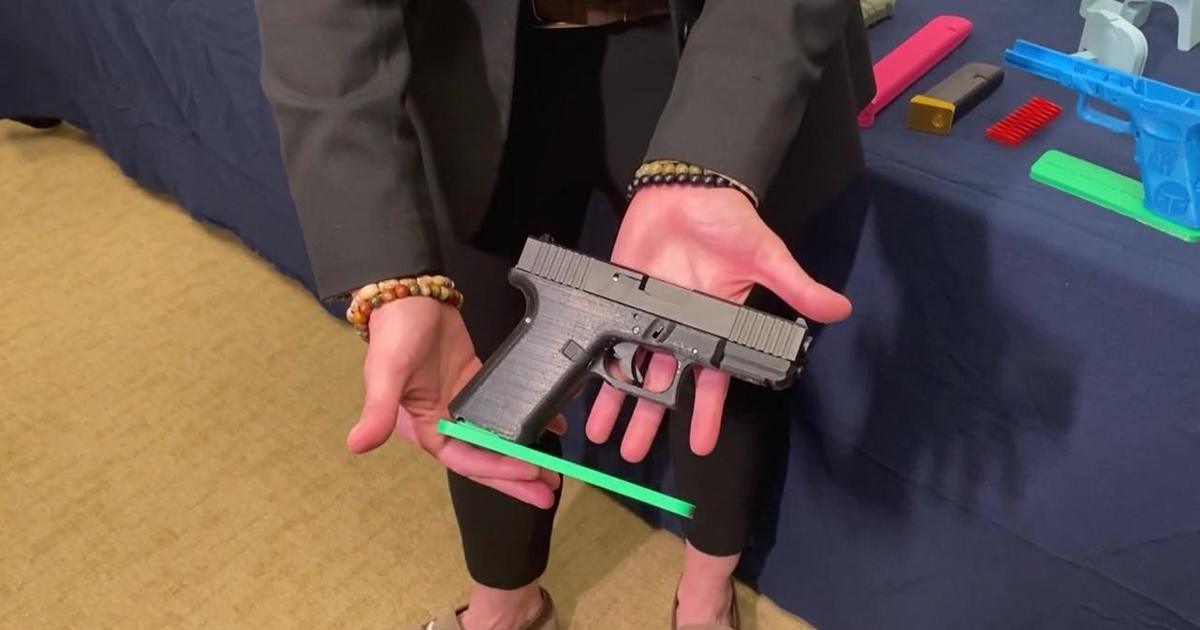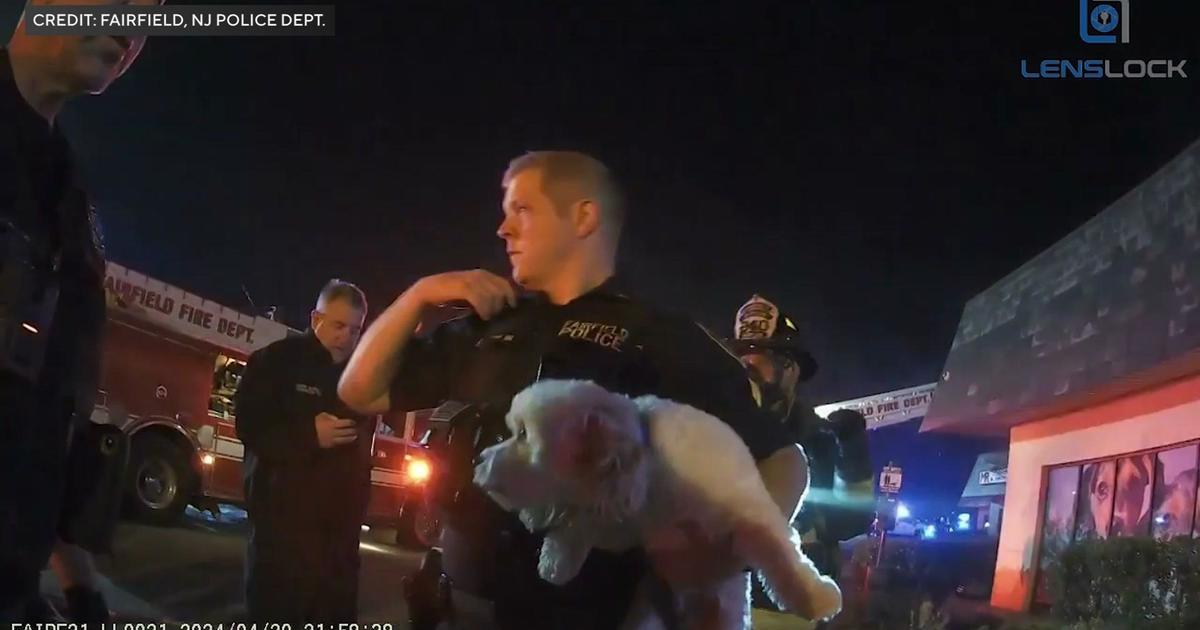Seen At 11: Anesthesia-Free Procedures Could Put Pets At Serious Risk
NEW YORK (CBSNewYork) -- With so much concern over the expense and potential risks associated with general anesthesia during teeth cleanings for pets, owners now have another option.
As CBS2's Dave Carlin reports, many in the veterinary industry are fighting over it like cats and dogs.
Norman's teeth weren't always so clean. Because of his age his owner was afraid to put her beloved Basset Hound under general anesthesia, as required for a typical teeth cleaning. But now she and other pet owners have another choice: anesthesia-free dental care.
The practice is offered by a new crop of unlicensed shops and often involves restraining a dog or cat so that various instruments can be used to scale the teeth without putting the pet under.
"They have the plaque and tarter scraped off," veterinarian Taylor Truitt said.
But because the animal is awake, veterinarians say the procedure is not without its potential problems.
"For pets it's really scary so the stress levels are quite high. If they move, the scrapers can potentially injure their gums or worse," she said.
Veterinary nurse Wendy Hand saw the disadvantages firsthand.
"Monkey Face's tongue was almost completely severed," she said.
Hand treated Carolyn Lyon's cat, Monkey Face, after it was harmed during an anesthesia-free cleaning at a different location.
"I can't imagine the pain she must have been in," Lyon said.
The injury was so severe that Lyons eventually had to euthanize her pet of 15 years.
"This was three weeks of hoping, nursing and caring for her and wanting her to recover," Hand said.
Sadly, vets say Lyon's tragedy was not an isolated case.
"I have other colleagues that have had to treat dislocated hips and broken bones," she said.
"Pets' oral health is a huge reflection on the rest of their health," Truitt said.
She said she understands the hesitation to put an animal out for a teeth cleaning, but it's necessary to safely and properly clean the teeth.
"If you have a vet who is well versed, using monitoring techniques such as EKGs, it's a different procedure that what it used to be," Truitt said.
She also encourages people to take their pets dental health into the own hands by using toothpaste. Brushing regularly, along with providing dental chews, can help to prevent greater health problems down the road.
The American Veterinary Dental College is opposed to anesthesia-free dentistry but if you decide to go this route, experts suggest finding a licensed veterinarian to do it or a supervised and trained veterinary technician.



